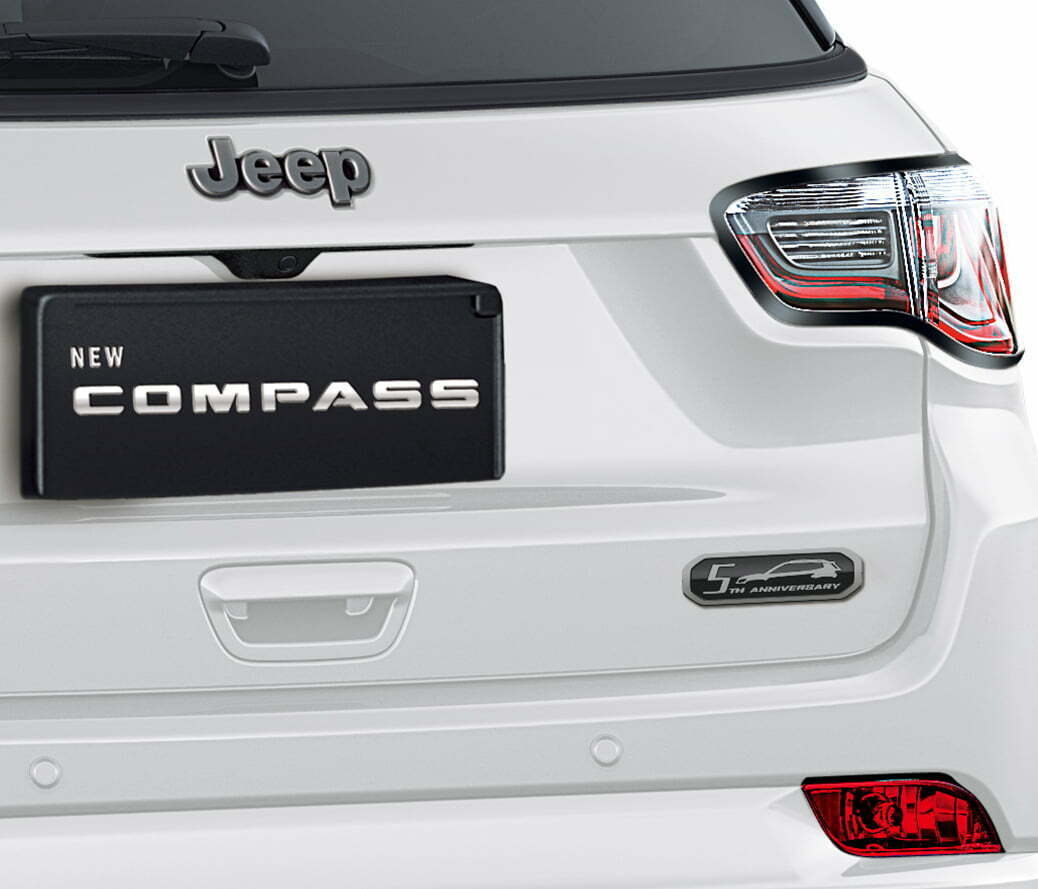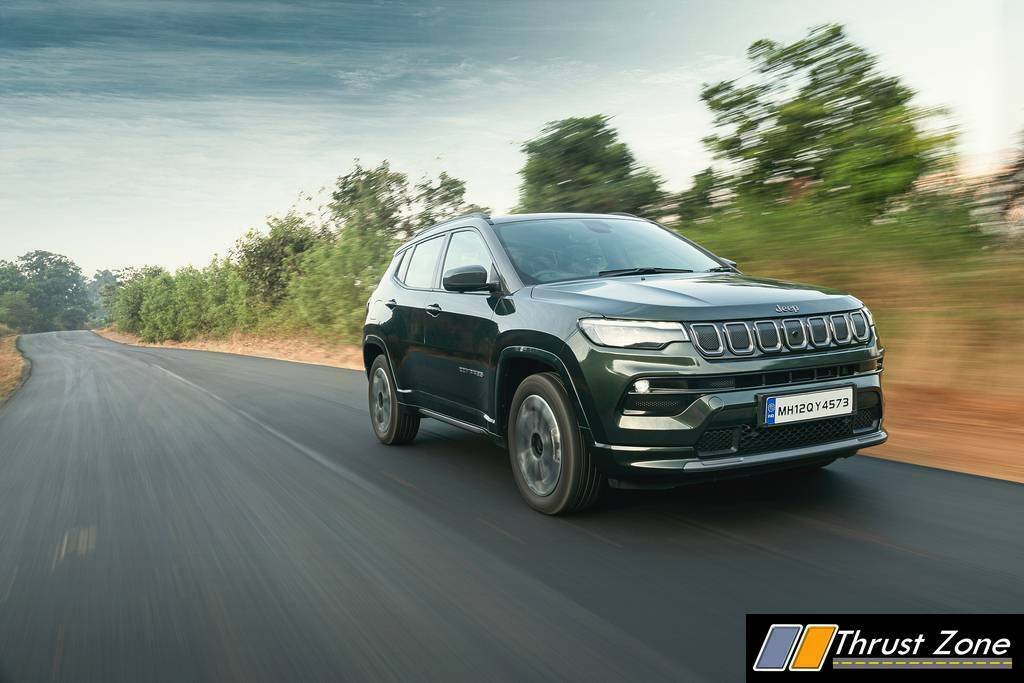Jeep India recently confirmed that it has decided to discontinue to the petrol variants of the Compass SUV in the country. The Jeep Compass petrol was the brand’s most affordable petrol offering and in a market that’s moving towards petrol engines and away from diesel units, the move could be counter productive. However, many would argue that the Compass petrol wasn’t doing any wonders for the brand to begin with and it’s discontinuation was only inevitable. Here are some reasons why the Compass petrol failed to impress customers.
Jeep India did not upgrade the 1.4-litre MultiAir turbo petrol engine to the latest BS6 Phase 2 emission norms, which was one of the primary reasons for it to be discontinued. Globally too, the engine was the at the end of its lifecycle with India being one of the last markets to still use the engine on the Compass. Instead, the automaker had already replaced the Compass 1.4 turbo petrol with a new 1.3-litre turbocharged petrol engine in Europe and South America. While that would’ve been an ideal replacement and should’ve arrived much sooner, Jeep India clearer chose to ignore the obvious.
One of the major reasons for not bringing the new 1.3-litre turbo petrol engine to India would be the low volumes on the Jeep Compass. While the petrol engine contributed 50-60 per cent of the overall volumes, the SUV itself does triple digit units every month. This would make for a low production volume overall, with the costs barely recovering when it comes to upgrading facilities, testing and validating processes involved in introducing a new engine to the any market. Moreover, with India no more the global production hub for the right-hand drive Compass, it made lesser sense than before to introduce the new engine altogether.
With respect to the powertrain itself, the Jeep Compass petrol wasn’t exactly remarkable in performance. While the 2.0-litre diesel turned out to be a better fit for the SUV, especially given its torquey nature, the 1.4 turbo petrol felt lethargic in comparison. The turbo spooled only after 2,200RPM and that meant customers faced more lag at crawling speeds in the city, where the Compass petrol spent more time.
The Compass 1.4 petrol also turned out to be heavy on the pocket with its lack of frugality. From efficiency figures as low as 5-6 kmpl, users weren’t exactly happy with the performance to efficiency ratio. The lethargic 7-speed DCT didn’t help matters either, especially with on paddle shifters onboard, which would make overtaking easier. Despite all this, sales were doing well.
The Compass operates in the same segment as the Hyundai Tucson and Volkswagen Tiguan, both of which have arguably better petrol-AT packages. The Compass petrol was seriously short on performance, efficiency and driving pleasure, which made customers look elsewhere. Nevertheless, Jeep is confident that the Compass diesel will continue to drive the sales momentum for the brand but there’s no denying that it has lost a significant share of potential volume that’s now redirected to other OEM showrooms. FCA needs to buckle up on its powertrain strategy for the long haul to secure its future in Asian countries.



